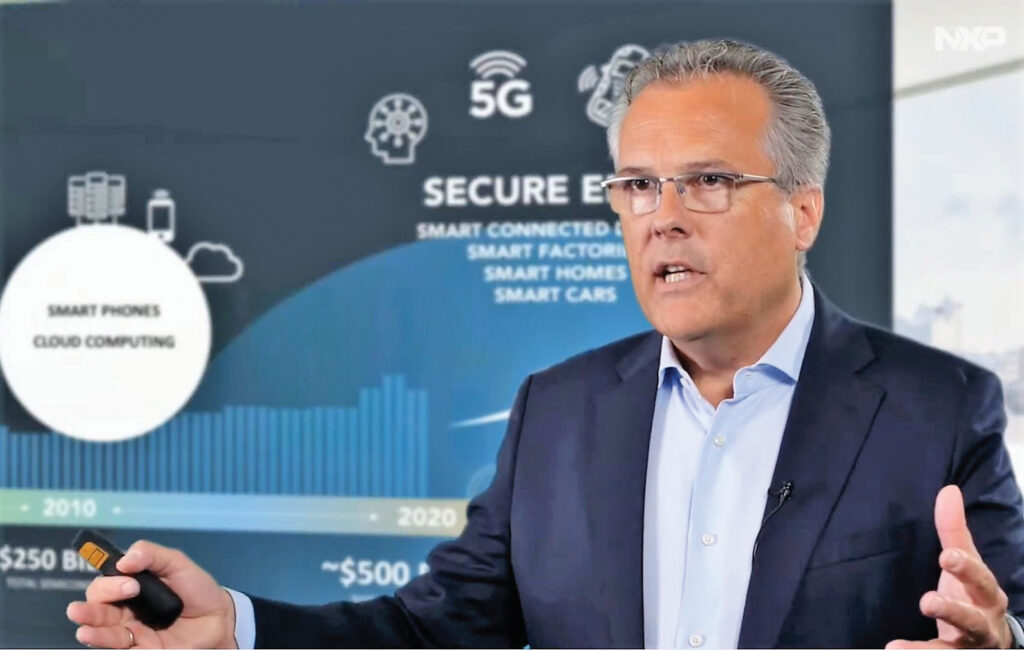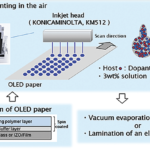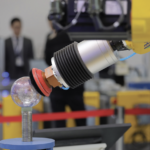ASIA ELECTRONICS INDUSTRYYOUR WINDOW TO SMART MANUFACTURING
NXP Taps TSMC’s 16nm Process in Automotive Processors
NXP Semiconductors will start mass producing vehicle network processors and radar processors using advanced 16nm FinFET process technology of Taiwan Semiconductor Manufacturing Company, Limited (TSMC). The latest processors in NXP’s S32 family will enable the advance process nodes complement the growing need of automobiles with more compute platforms.
In his keynote address at the COMPUTEX 2021 CEO Forum, Kurt Sievers, NXP President and Chief Executive Officer said the S32G2 vehicle network processor and S32R294 radar processor will help carmakers not only simplify vehicle architecture but also help address the present silicon supply challenges.
“Demand for silicon especially for intelligent edge has accelerated in unprecedented stage and many are now suffering from very tight wafer supply…the fast-paced towards innovation, the faster we can move to smaller nodes, to more modern technologies, the better availability of the capacity,” said Sievers.

Powerful SoC, Reduced Footprint
The S32G2 vehicle networking processors will enable service-oriented gateways for secure cloud connectivity and over-the-air updates that will unlock a multitude of data-driven services such as usage-based insurance and vehicle health management. S32G2 processors also serve as domain and zonal controllers to enable next-generation vehicle architectures and as high-performance ASIL D safety processors in advanced driver assistance and autonomous drive systems. The move to TSMC’s 16nm technology has allowed S32G2 to consolidate multiple devices into one, creating a powerful System-on-Chip (SoC) that reduces the processor’s footprint.
Sievers said TSMC’s 16nm technology enables NXP’s automotive processors to harness the power of advanced FinFET transistors for the first time, combining improved performance and rigorous automotive process qualifications to deliver safe next generation computing power. Backed by TSMC’s extensive roadmap for automotive processes, NXP’s 16nm automotive processors pave the way for a wider migration to TSMC’s 5nm process for the NXP S32 family of vehicle processors.
During the keynote, Sievers also tackled NXP’s portfolio that focus on four pillars from technology perspective, namely precision sensing and ranging, artificial intelligence and machine learning, secure connectivity, and power management. Among the companies NXP has partnered with to enable its robust portfolio include Advantech, Amazon Web Services, BMW, Garmin, Microsoft, and Samsung.
One of the solutions Sievers discussed is the company’s Trimension Ultra-Wideband (UWB) platform, which would soon be integrated in Samsung’s Galaxy devices including Galaxy S21+ and S21 Ultra. It will also be seen in BMW iX electric vehicle with its BMW Digital Key Plus, which promises increased security and added ease of use like using manual car keys.




